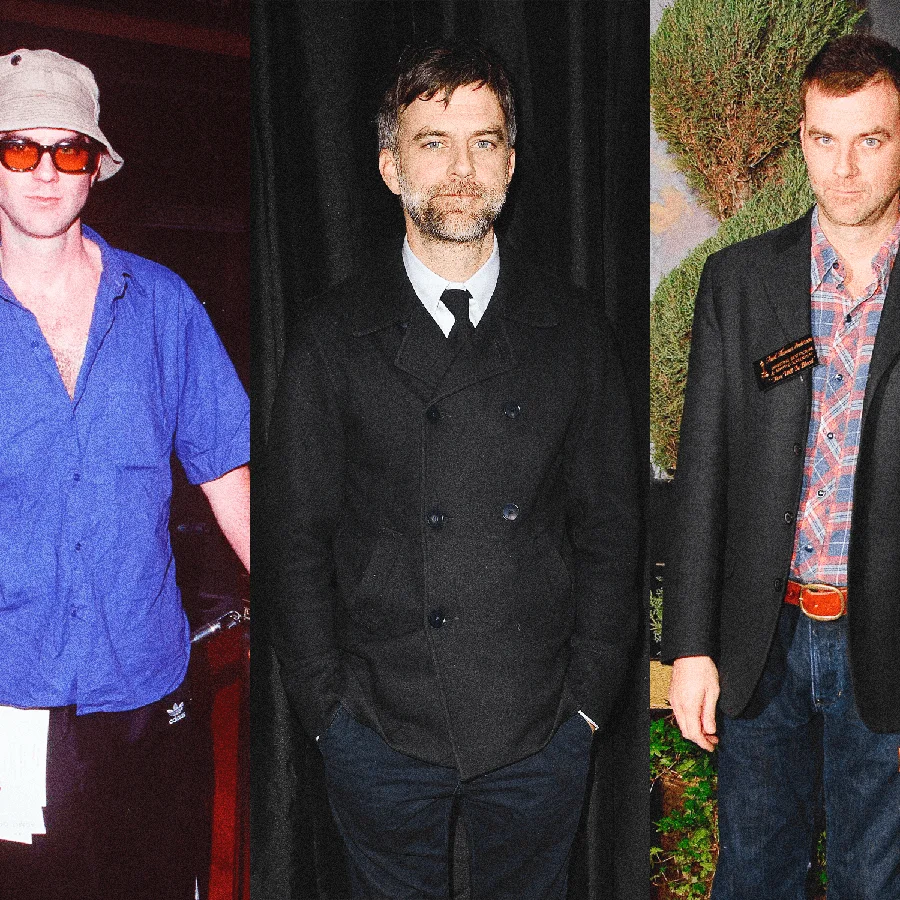Paul Thomas Anderson, the acclaimed filmmaker behind There Will Be Blood and Phantom Thread, revealed an unexpected emotional connection to the sci-fi action film Men in Black 3. Known for his intricate narratives and character-driven dramas, Anderson shared how the film’s time travel elements particularly resonated with him, prompting a powerful emotional response upon its release.
In a 2012 interview with the Washington Post, Anderson discussed his fascination with exploring past lives and different eras, themes central to his film The Master. He stated,
“You’re talking about finding ways to go back in time and to pick up some lost piece,”
adding,
“And that stuff is just food and drink to me.”
He connected this interest directly to Men in Black 3, praising it as “[expletive] great” and confessing,
“The time-travel stuff [made me] cry my eyes out. I’m a sucker for that stuff.”
This candid admission showed that even filmmakers known for their serious art-house projects can be moved by mainstream movies when they touch on universal themes of loss and reconciliation.
The Story Elements in Men in Black 3 That Impacted Anderson Profoundly
Men in Black 3 sets itself apart from its predecessors by sending Agent J, played by Will Smith, back to the late 1960s. There, he teams up with a young Agent K, portrayed by Josh Brolin, to stop the villain Boris the Animal, played by Jemaine Clement. This journey not only serves the plot but deepens the emotional stakes by revealing Agent J’s personal history in a new light.

During his time in the past, Agent J learns about the sacrifices Agent K made and gains insight into his partner’s complicated life. The revelation that J’s father, Colonel Edwards (Mike Colter), died protecting K adds significant emotional weight. Further, it is shown that young J had an early encounter with the young K, who watched over him quietly, helping explain the personal choices that led J to become an agent himself. These layered connections enrich the narrative and give the story a heartfelt core.
How Men in Black 3 Offered a Satisfying Conclusion to the Original Trilogy
Men in Black 3 delivers a satisfying closure to the original Men in Black trilogy by bringing Agent J’s story full circle. The film answers long-standing questions about why Agent K recruited J, grounding the fantastical elements in emotional truth. According to Anderson, this conclusion stands out because the time travel is not simply a gimmick to refresh the franchise or introduce a new lead after Tommy Lee Jones.
Instead, the time travel element facilitates an emotional release for the characters, allowing Agent J to reevaluate his past and relationship with K. Anderson appreciates this dimension deeply, highlighting the final scenes where the young K shows tenderness toward a young James Edwards III. This moment of quiet humanity contrasts the film’s usual fast-paced action and adds an unexpected emotional resonance.
The closing scenes between Smith’s Agent J and Jones’s Agent K in the present reinforce this fresh understanding, inviting viewers to revisit the trilogy with new emotional insight. Anderson’s reaction underscores the subtle power of Men in Black 3—not only as an engaging sci-fi adventure reminiscent of classics like Back to the Future but also as a story that mines genuine feeling from its characters’ bonds.
With its heartfelt ending and thoughtful use of time travel, Men in Black 3 transcends typical blockbuster fare and achieves more profound storytelling, which likely explains why it continues to attract viewers and acclaim years after its debut. The film remains available for digital rental on Prime Video, inviting new audiences to experience its emotional depth firsthand.
